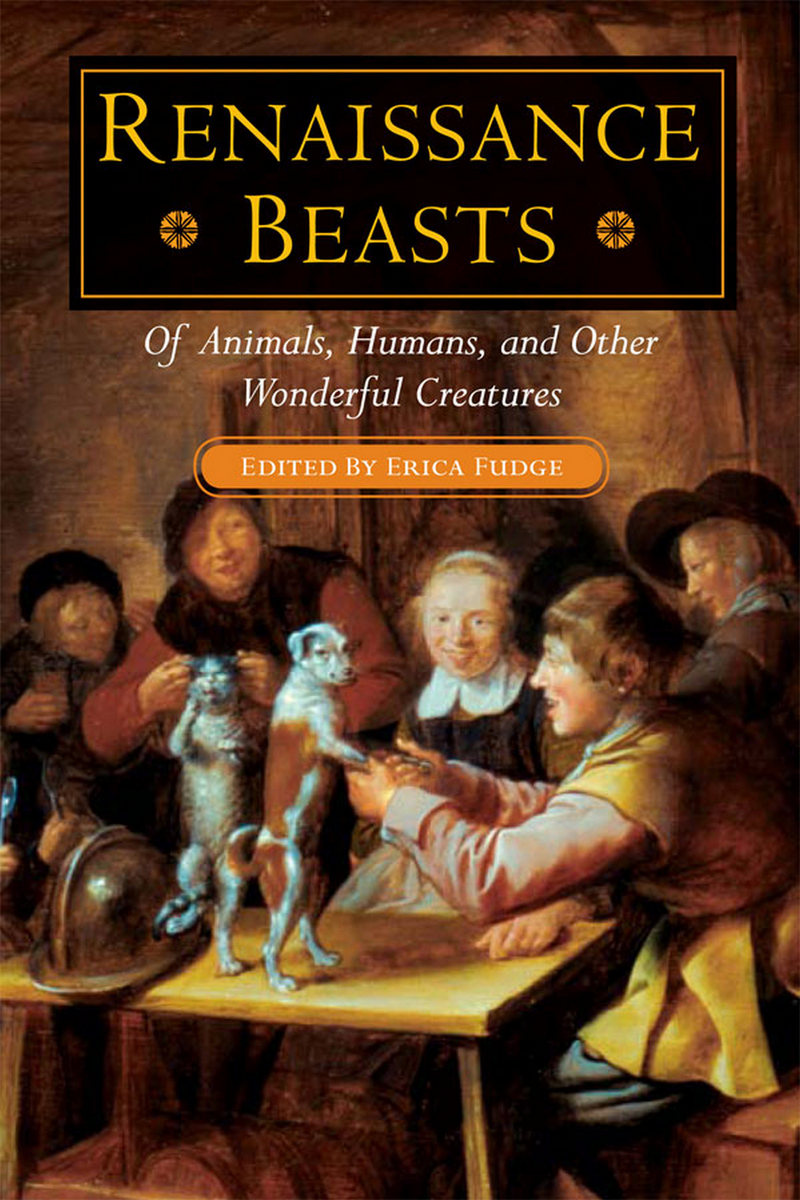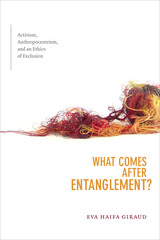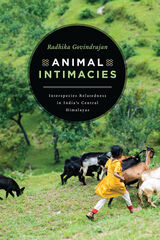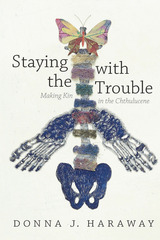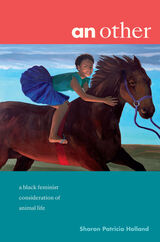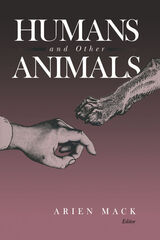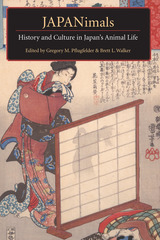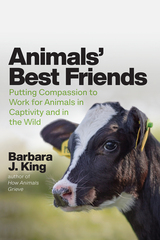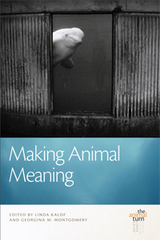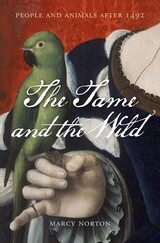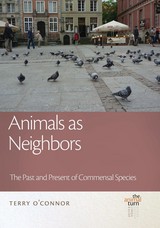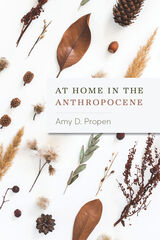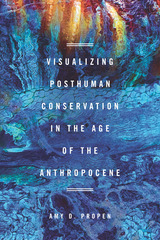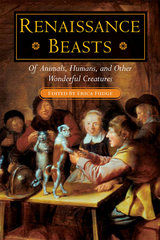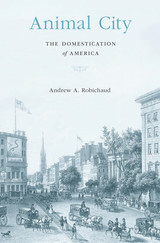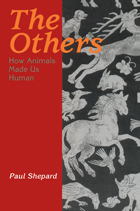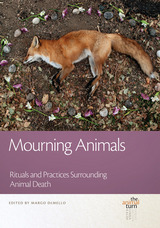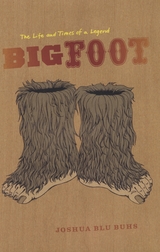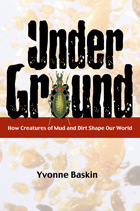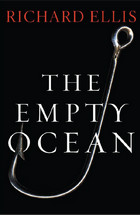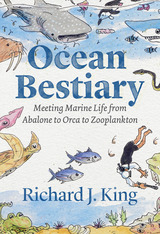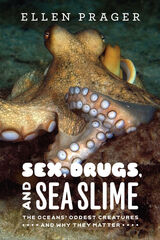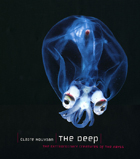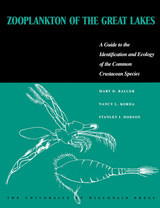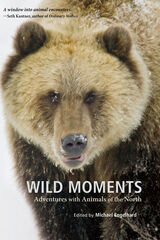Renaissance Beasts: Of Animals, Humans, and Other Wonderful Creatures
University of Illinois Press, 2004
eISBN: 978-0-252-09133-9 | Cloth: 978-0-252-02880-9
Library of Congress Classification QL85.R455 2004
Dewey Decimal Classification 590.9031
eISBN: 978-0-252-09133-9 | Cloth: 978-0-252-02880-9
Library of Congress Classification QL85.R455 2004
Dewey Decimal Classification 590.9031
ABOUT THIS BOOK | REVIEWS | TOC
ABOUT THIS BOOK
Animals, as Lévi-Strauss wrote, are good to think with. This collection addresses and reassesses the variety of ways in which animals were used and thought about in Renaissance culture, challenging contemporary as well as historic views of the boundaries and hierarchies humans presume the natural world to contain.
Taking as its starting point the popularity of speaking animals in sixteenth-century literature and ending with the decline of the imperial Ménagerie during the French Revolution, Renaissance Beasts uses the lens of human-animal relationships to view issues as diverse as human status and power, diet, civilization and the political life, religion and anthropocentrism, spectacle and entertainment, language, science and skepticism, and domestic and courtly cultures.
Within these pages scholars from a variety of disciplines discuss numerous kinds of texts--literary, dramatic, philosophical, religious, political--by writers including Calvin, Montaigne, Sidney, Shakespeare, Descartes, Boyle, and Locke. Through analysis of these and other writers, Renaissance Beasts uncovers new and arresting interpretations of Renaissance culture and the broader social assumptions glimpsed through views on matters such as pet ownership and meat consumption.
Renaissance Beasts is certainly about animals, but of the many species discussed, it is ultimately humankind that comes under the greatest scrutiny.
Taking as its starting point the popularity of speaking animals in sixteenth-century literature and ending with the decline of the imperial Ménagerie during the French Revolution, Renaissance Beasts uses the lens of human-animal relationships to view issues as diverse as human status and power, diet, civilization and the political life, religion and anthropocentrism, spectacle and entertainment, language, science and skepticism, and domestic and courtly cultures.
Within these pages scholars from a variety of disciplines discuss numerous kinds of texts--literary, dramatic, philosophical, religious, political--by writers including Calvin, Montaigne, Sidney, Shakespeare, Descartes, Boyle, and Locke. Through analysis of these and other writers, Renaissance Beasts uncovers new and arresting interpretations of Renaissance culture and the broader social assumptions glimpsed through views on matters such as pet ownership and meat consumption.
Renaissance Beasts is certainly about animals, but of the many species discussed, it is ultimately humankind that comes under the greatest scrutiny.
See other books on: Animals (Philosophy) | Animals and civilization | Fudge, Erica | Harrison, Peter | Humans
See other titles from University of Illinois Press
